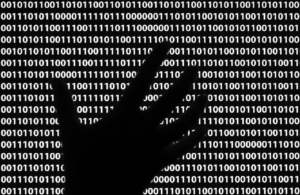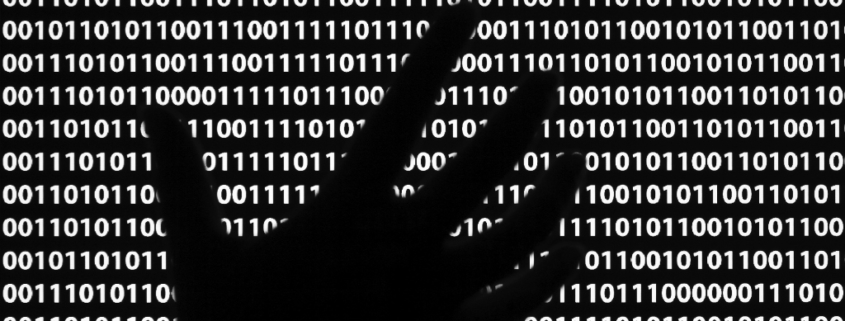Beware of these Pandemic Phishing Scams
These days, even though we are all, for the most part, stuck at home, trying to be safe from COVID-19, that doesn’t mean that we are safe from cybercrime. Cybercriminals continue to target victims, even in this environment, and many of these scams are related to COVID-19. This is pretty common when something like a crisis comes down, so you have to remain vigilant as you go through your daily life. Here are some of the things you should be looking for and being aware of:
 Relief Fund Scams
Relief Fund Scams
As we look towards our government officials for help, they have been sending out money to people who have lost their jobs or become impacted financially by the COVID-19 crisis. Criminals have started to create phishing scams that look identical to the correspondence that might come from the government. They do this to trick people into revealing their personal information. Currently, if you are in the UK, Australia, or the US, you are probably being targeted.
Infection Maps that are Malicious
Cybercriminals are also taking advantage of the public’s interest in COVID-19 infection maps. Organizations like Johns Hopkins are creating these maps, but cybercriminals are following close behind and releasing their own. All they have to do is set up their own websites, and then stick malware in them. They can do this for little to no money, and then they can make a huge profit thanks to ID theft and other dastardly deeds.
Impersonating Official Health Organizations
You also need to keep an eye out for cybercriminals who are impersonating official health organizations, including WHO – the World Health Organization, or the CDC – Centers for Disease Control. They are doing this by designing a number of different phishing scams. These started all the way back in February, and they are continuing to be sent. The criminals are setting up a sense of urgency, so that people are more apt to give up their information.
Scams with COVID-19 Testing Kits
There is also a lot of interest in COVID-19 testing kits, and as you might imagine…the bad guys are targeting these people, too. Not only are these scams spreading via email, according to the FCC, Federal Communications Commission, but also with robocalls, text smishing, and more. The FCC has even announced that it has found a big range of robocall scams that are associated with coronavirus, including things like debt consolidation, work at home opportunities, and even student loan repayment plans. There are also specific scams that are targeting small businesses.
Medical Supply Scams
Finally, we have medical supply scams. These are similar to the testing kit scams but the cybercriminals are using these medical supplies, like masks and gloves, as a lure to get people to give them money. There are more and more of these websites popping up with huge discounts on medical supplies. Many of these sites are offering limited-time sales and want Bitcoin for payment, which is a big sign that you could be getting scammed.
ROBERT SICILIANO CSP, is a #1 Best Selling Amazon author, CEO of CreditParent.com, the architect of the CSI Protection certification; a Cyber Social and Identity and Personal Protection security awareness training program and the home security expert for Porch.com


























